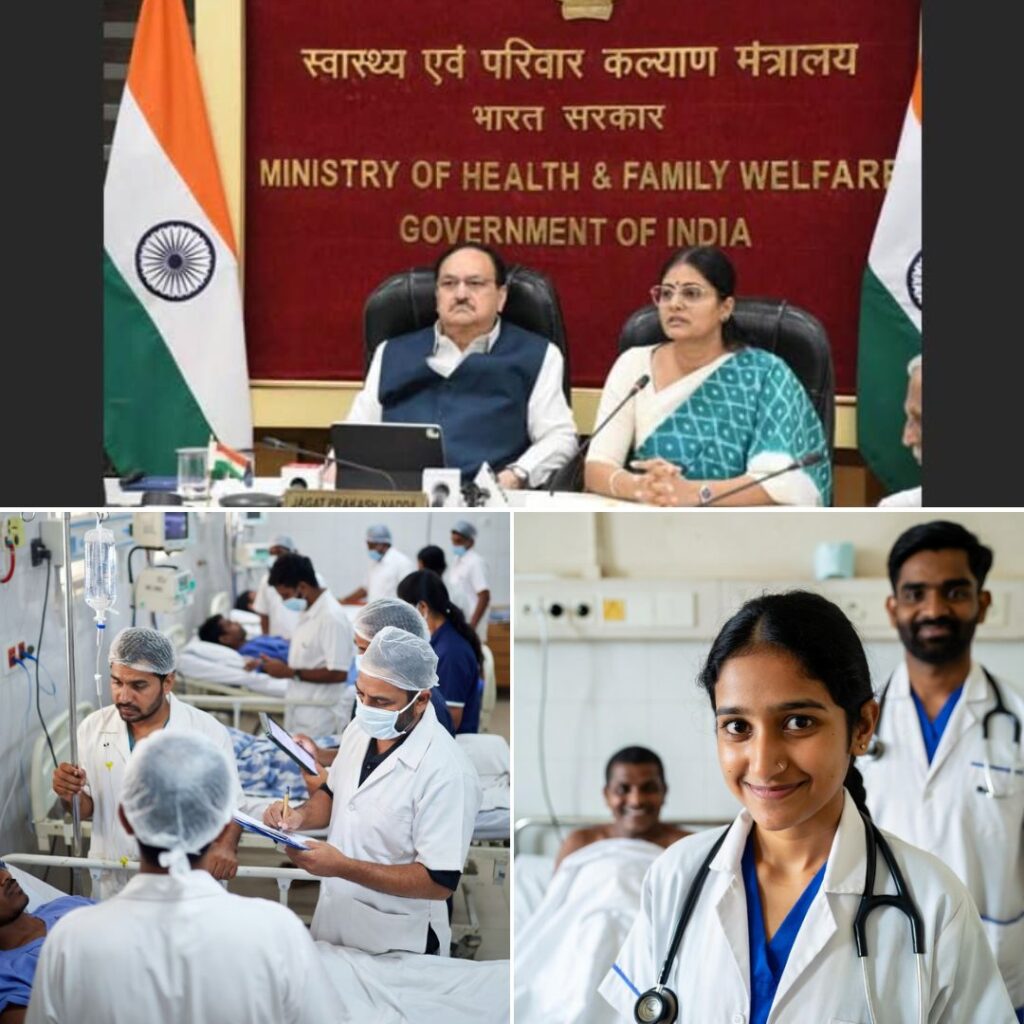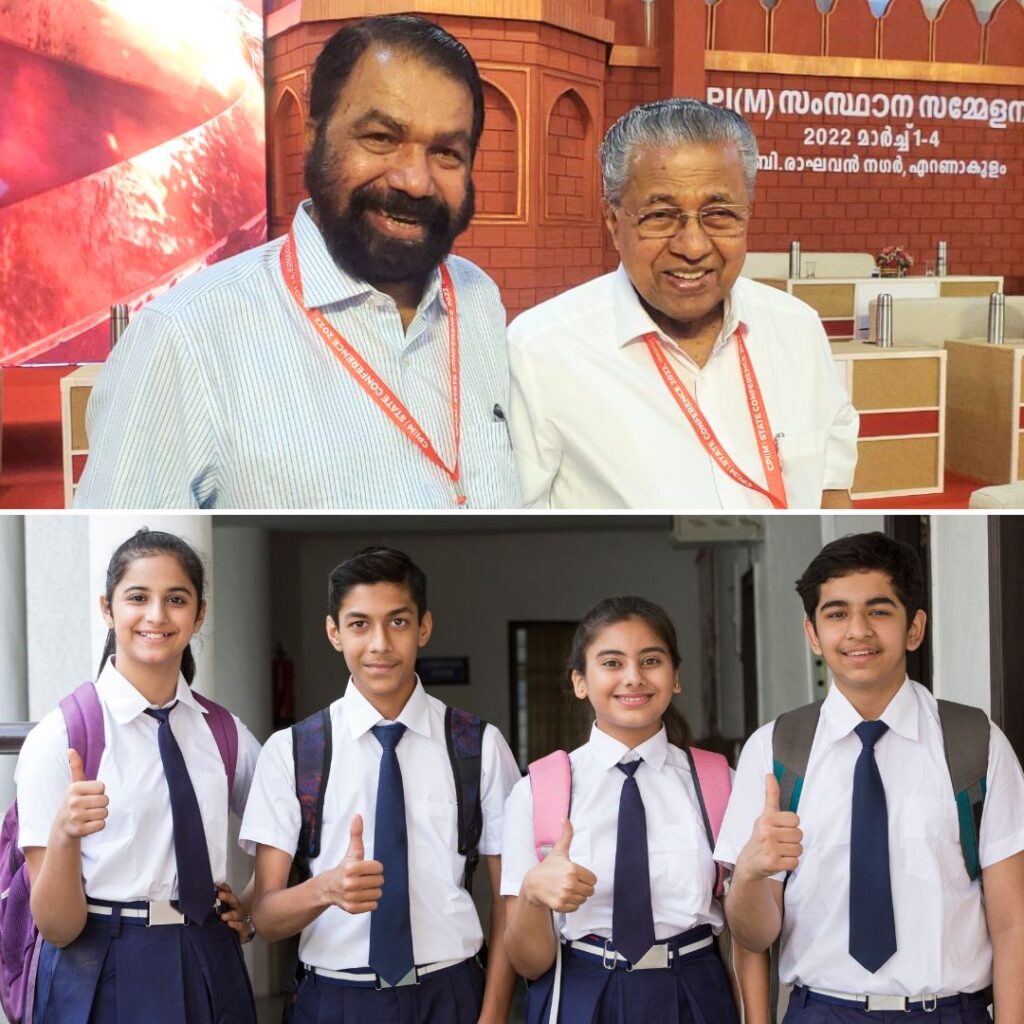A committee set up by the Delhi government to propose ways to increase excise revenue has suggested that the legal age for drinking be lower from 25 years to 21 years in Delhi.
It has also been suggested to reduce the number of dry days in a year to three, to have more equitable distribution of government-run liquor stores across the city, and easing the issuance of licenses to departmental stores to sell beer and wine, said a senior government official, reported The Times of India.
The official added that the legal drinking age of 21 years will be at par with several other states and so will be the policy of lesser dry days. If approved, the three dry days are supposed to be on Republic Day, Independence Day and Gandhi Jayanti.
At present, the national capital has 864 liquor shops that are operated by government agencies such as Delhi tourism corporation, Delhi state civil supplies corporation limited, and Delhi state industrial and infrastructure development corporation.
The committee has recommended an equitable distribution of such stores across all 272 municipal wards, New Delhi Municipal Council (NDMC) areas and the Indira Gandhi International Airport, added the official, citing a report formulated by the committee.
There are also 125 department stores in Delhi which sell beer and wine under the L12 and L12-F excise licenses. Under these categories of licenses, these stores are required to ensure that not more than 10 per cent of their total floor area is utilised to store wine and beer.
Over 41 departmental stores were found violating such norms last year, and the government had refused to invite renewal applications for all stores under the L12 and L12-F categories. The committee has recommended easing the license norms for such stores from the financial year 2021-22, said the official.
The committee was set up in September by deputy chief minister Manish Sisodia, who also holds the finance and excise portfolios, to suggest measures to augment state excise revenue, including measures to check malpractices and evasion of duty in the liquor trade and supporting the driving mechanism.
The recommendations of the committee are yet to be brought under the domain of public for feedback from stakeholders.
Also Read: Karnataka Gives Nod To Anti-Cow Slaughter Ordinance, But No Ban On Beef Consumption












